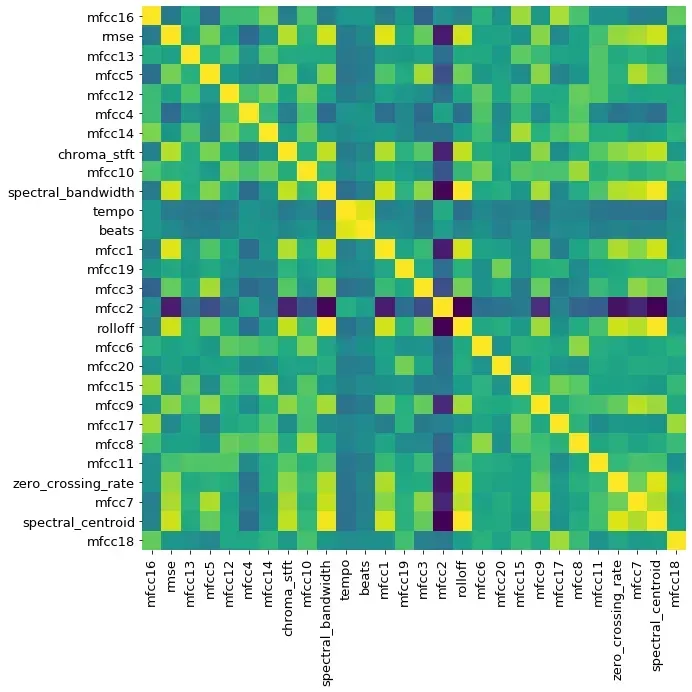Biden's Executive Order on AI: It's a start
A good step but not nearly enough
Last week President Biden signed an Executive Order 144110 on the Development and Use of Artificial Intelligence, the most comprehensive framework for the regulation of AI ever to become law in the United States. I should note that the order is not an Act of Congress so the only people bound to follow are executive agencies, but what most interested me is that in contract to former President Trump’s Executive Order to promote AI development, Biden’s order is doing the same but with a measured caution to implement AI safely and responsibly.
I want to unpack what I see as a few critical gaps missed by the Biden Administration’s EO, and why I think these gaps will make it difficult to effectively regulate the areas the EO is trying to cover. I will cover these in a few focus areas.
The Civil Rights Division of the Department of Justice is directed to address algorithmic discrimination in federal technology systems
I was really glad to see this. It’s important to first accept that while AI adds efficiency to many systems, that efficiency can also lead to predictive determinations that discriminate against disadvantaged groups. For example, automated rejection from health care programs, criminal sentencing, housing programs, and credit checks; these are all things where everyone needs to be given their fair shot regardless of what an algorithm predicts for them.
The EO provides direction here, but is doesn’t specifically address how exactly algorithmic discrimination will be investigated. In many cases, these algorithms may be high dimensional black boxes which make it difficult to discern what criteria an algorithm is considering significant in a certain classification. Even AI engineers currently lack the capabilities to understand the assessments these AI are making, so in an adversarial regulatory scenario, I think the DOJ would have their work cut out for them to provide causal discrimination in any system.
Private companies will be compelled to share the results of safety tests on AI systems that are tied to national security or critical infrastructure
This is great, and a unique provision of the EO because I believe it is the only one compelling private companies to do anything. The only reason it is able to do this without being an act of congress is by invoking the Defense Production Act, which is also why this regulation is limited in scope to national security.
The problem here, is that private companies will not be compelled to do much of anything else to be in compliance with this EO. Civilian agencies are being asked to develop “voluntary standards” that will effectively be recommendations for the private sector as opposed to anything that are forced to follow. I think the large majority of AI use cases at private companies that actuall impact people’s lives will fall outside the scope of this EO. And that’s a shame.
The Department of Commerce is is directed to develop standards for watermarking AI generated content
Okay….and? This I think is the biggest failure of this Executive Order. This is effectively the provision giving lip service to disinformation and deepfakes becoming more ubiquitios in political discourse. But when the Department of Commerce creates these standards, companies will not be compelled to adopt them, effectively making them toothless. This EO doesn’t go nearly far enough with this issue, and maybe it can’t without Congress, but I do not see this as meaningful progress on what will continue to be a real and existential threat to our democracy.
Which brings me to my thematic conclusion here. I am so glad to see the Biden Administration recognizing the opportunities offered by artificial intelligence, as well as the threats. Artificial Intelligence will touch every area of our life, and an Executive Order couldn’t possibly cover all the areas that require aggressive regulation. I believe the purpose of this EO isn’t even to effectively address these problems within the executive branch, though I hope they will, it is a letter to congress outlining a few important focus areas that ultimately they will need to legislate on.








